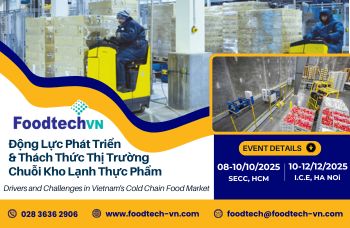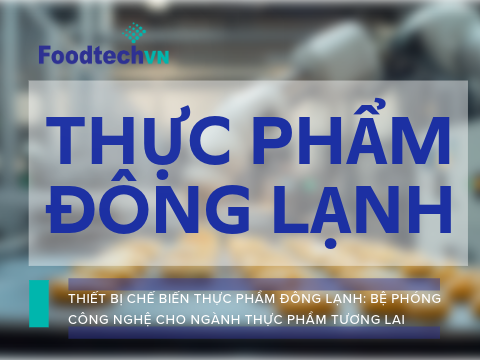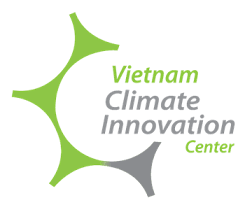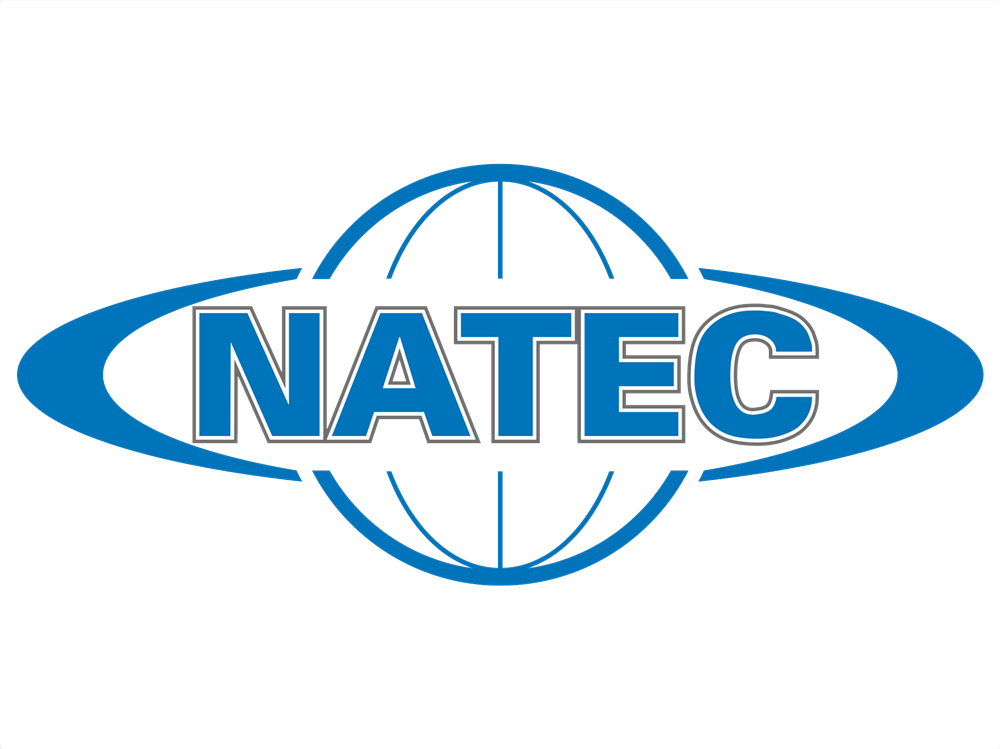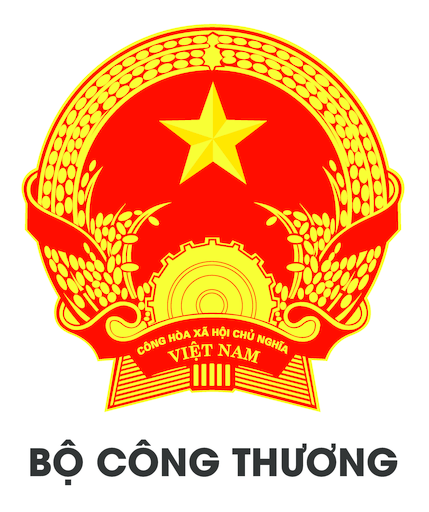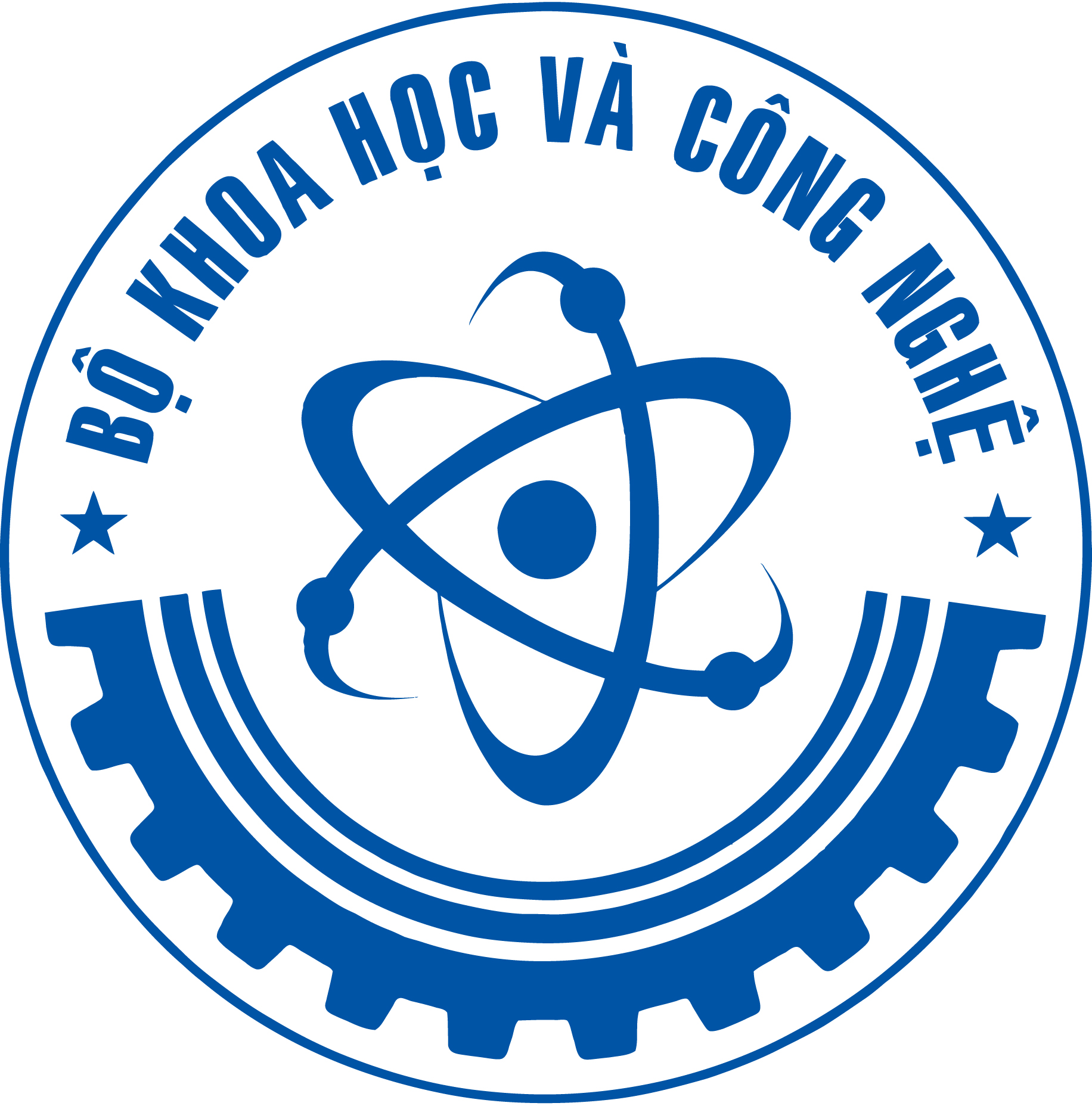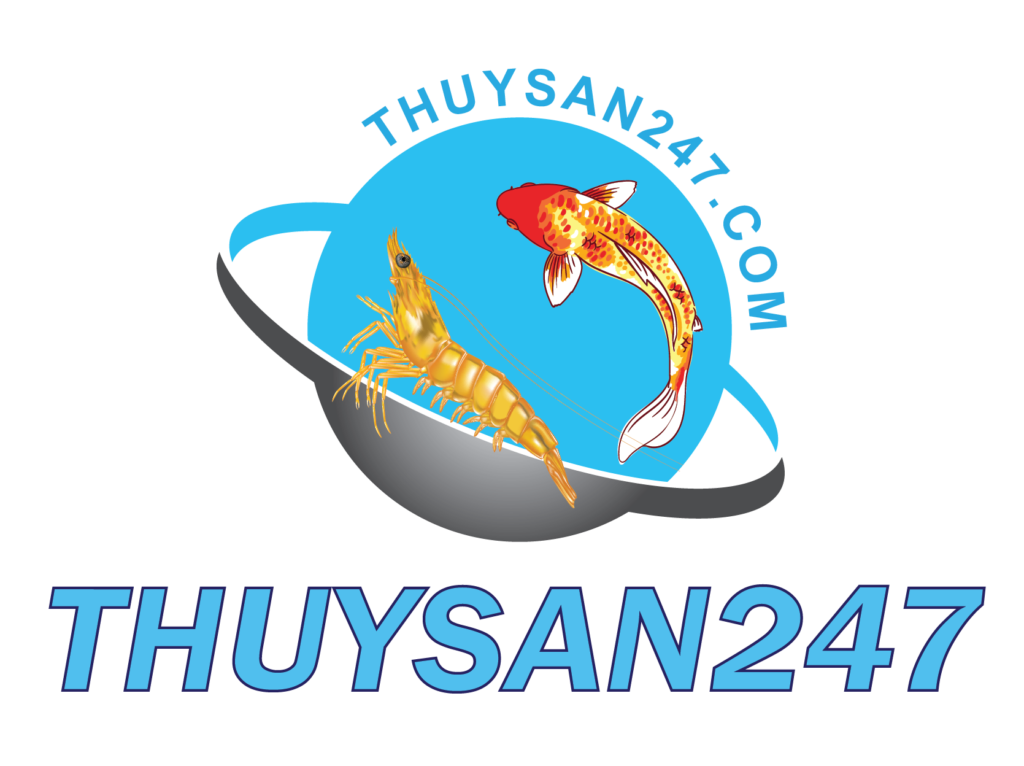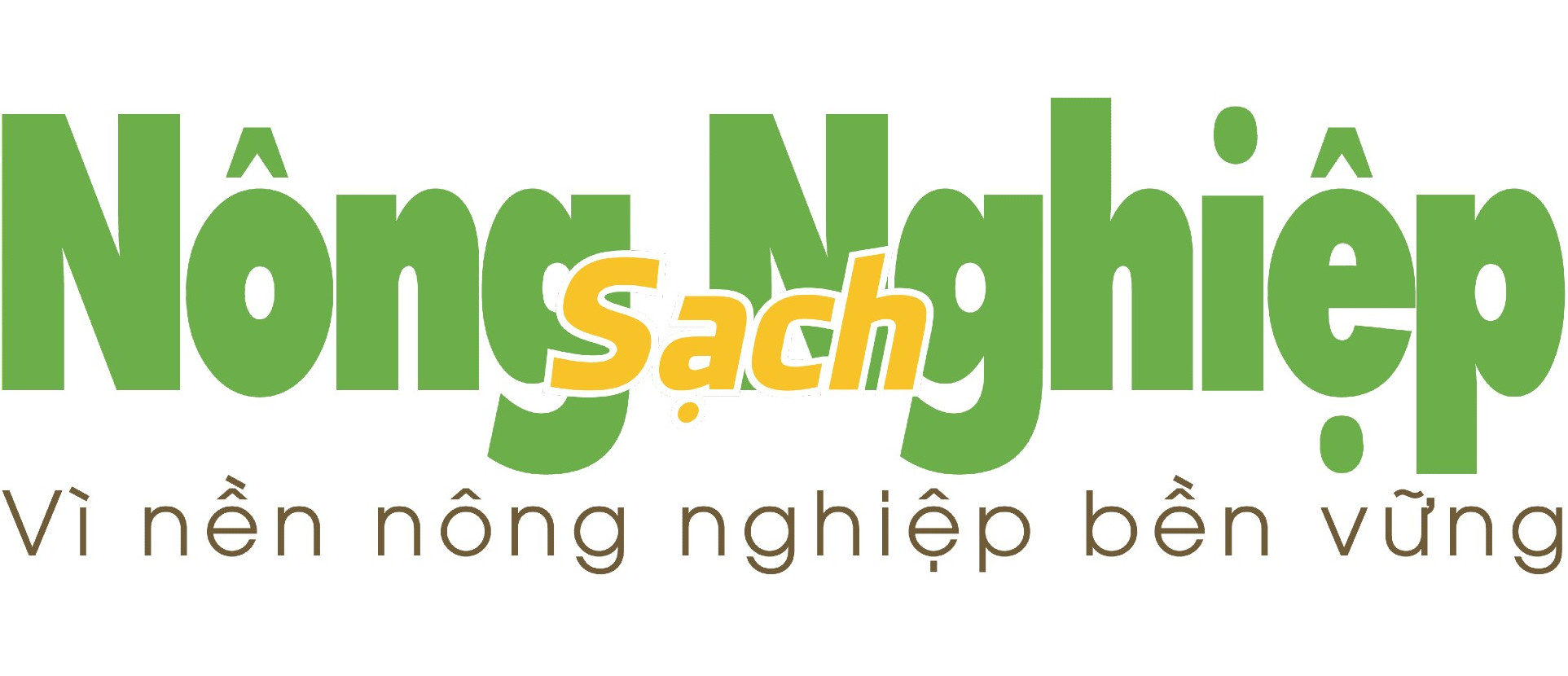Foodtech 2025: Tương Lai Ngành Công Nghệ Thực Phẩm Trong Thời Đại Mới
In a constantly evolving world, remarkable advances in food science and technology are comprehensively changing how we produce, process, and consume food. Emerging trends show this development is not slowing down but accelerating. Today's consumers demand food that is not only healthy and nutritious but also produced sustainably. Additionally, while convenience remains essential, personalization and sustainability are becoming new priorities.
.png)
Key Trends Shaping the Food Technology Industry
According to the National Institute of Standards and Technology (NIST), key trends impacting the future of the industry include:
- Food digitalization: Leveraging data collected throughout the production chain to enhance food safety and quality.
- Automation and robotics: Applying AI and robotics in production processes to increase productivity and reduce errors.
- Vertical farming: Vertical cultivation methods that save space, water, and increase yield.
- 3D food printing: Opening possibilities for creative, attractive food forms and personalized nutrition.
- Cellular agriculture: Producing meat and seafood from animal cells in laboratories – a promising direction for sustainable livestock farming.
Culinary Innovation: How Our Eating Habits Are Changing
Today, food must not only taste good but also look appealing, be nutritious, and environmentally friendly. Food technology is opening new horizons for the culinary industry:
Alternative Proteins – Beyond Meat
Consumers increasingly favor alternative protein sources such as plant-based meat, lab-grown meat, mycoprotein, and even insects – moving toward healthy and sustainable meals.
Cultured Meat and Seafood – Food of the Future?
Meat cultivated from animal cells can help reduce traditional livestock farming demands. However, high production costs and potential environmental impacts remain significant barriers to overcome.
3D Food Printing – Combining Art and Nutrition
Beyond creating eye-catching shapes, this technology allows customization of nutritional components suitable for each individual – meeting the trend of personalization in eating.
Edible Packaging – Contributing to Plastic Waste Reduction
From rice straws, cookie coffee cups to rice paper candy wrappers, edible packaging ideas are opening opportunities to significantly reduce plastic waste in the food industry.
Smart Kitchens – The Future of Connected Cuisine
Smart refrigerators, ovens, and kitchen appliances help optimize cooking processes, reduce food waste, and enhance the culinary experience.
Sustainable Development – The Pillar of New Food Technology
Modern food technology cannot be separated from sustainable development goals:
- Vertical agriculture: Allows efficient production in urban spaces, reducing resource use and suitable for urban environments.
- Regenerative agriculture: Aims to restore land, increase biodiversity, and minimize environmental impact.
- Reducing food waste: Using applications connecting consumers with surplus food, extending shelf life through advanced preservation technologies.
Ethical and Social Challenges
Innovation in the food industry also brings many issues to consider:
- Safety and regulations: New technologies require strict legal frameworks to ensure consumer safety.
- Consumer acceptance: Apprehension about synthetic or "artificial" food is a major barrier. Transparent communication and sharing real stories are key to building trust.
- Environmental impact: Some technologies, though friendly in concept, may consume significant energy or resources, requiring careful life cycle assessment.
- Impact on traditional livelihoods: Fair transition strategies are needed to protect workers in traditional agriculture from being "left behind."
.png)
Beverage Production Equipment Market Thrives with New Technology Trends: Connection Opportunities at Vietnam Foodtech 2025
In the context of the food technology industry entering an unprecedented era of innovation, the beverage production equipment market is also experiencing strong growth, especially driven by new technology trends such as automation, AI, smart manufacturing, and 3D printing. Businesses operating in the food and beverage supply chain are actively investing in technology to increase efficiency, ensure quality, and meet consumers' growing demands for personalized, sustainable, and convenient products.
Amid this strong wave of innovation, Vietnam Foodtech 2025 – International Exhibition on Food and Beverage Technology – will be an ideal connecting event for domestic and international businesses. This is an opportunity to showcase products, find partners, update trends, and especially explore investment potential in processing equipment – beverage production, which is currently a "hot spot" in the modern food industry.
Businesses operating in processing equipment, packaging, storage, beverage production... don't miss the opportunity to participate in Vietnam Foodtech 2025, where global trends meet Vietnam's potential market, where technology meets practical needs.





 (1).png)
